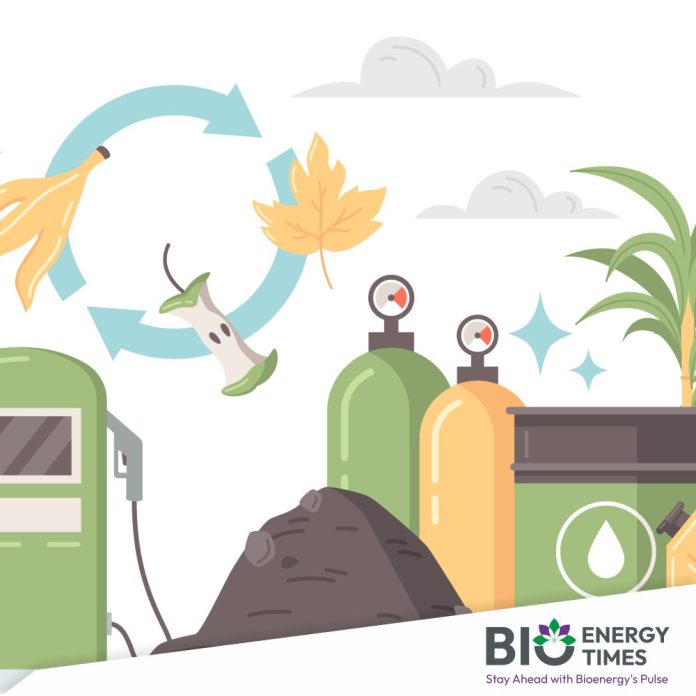The Philippine Biodiesel Association (TPBA) has urged legislators to carefully assess the broader implications of House Bill 4151, stressing that any adjustments to the coco-biodiesel mandate must consider effects on farmers, public health and long-term energy security, reports Power Philippines.
According to the association, the country’s biodiesel program supports the livelihoods of about 25 million Filipinos working in the coconut sector, helping ensure stable markets needed for replanting, modernization and productivity improvements. TPBA also highlighted the health benefits of coco-biodiesel, noting that it can cut soot emissions by up to 95%, avoiding an estimated PHP 1.86 trillion to PHP 2.2 trillion in annual health costs.
House Bill 4151, known as the Murang Langis bill, proposes amendments to the Biofuels Act of 2006. It would allow the President to temporarily suspend the coco-biodiesel blending requirement for up to one year if the National Biofuels Board and the Department of Energy (DOE) determine that blended fuels have become at least 5% more expensive than pure gasoline or diesel.
TPBA said the proposal should be evaluated alongside the everyday benefits already enjoyed by consumers. Studies from the DOE and UP-NCTS show that higher biodiesel blends can deliver 6% to 10% mileage improvements, which translate into PHP 17 billion to PHP 32.6 billion in annual savings.
The group also clarified that blended diesel is not always more costly. It noted that during periods of volatile global oil prices, coco-biodiesel has reached price parity with or become cheaper than conventional diesel. Under current market conditions, the B3 blend adds PHP 0.71 per liter to B2, or less than 2%, while a future B5 blend is expected to increase prices by roughly 3%.
TPBA reaffirmed its support for DOE Secretary Sharon Garin, citing her efforts to strengthen energy security, support farmers and improve air quality. Executive Director Ramon Taniola said, “The DOE has done an excellent job ensuring energy security and balancing stakeholder needs… Biodiesel continues to give Filipinos more value per peso.”
While the association said it supports the consumer-protection intent of HB 4151, it emphasized the need for lawmakers to weigh the bill’s economic, environmental and sector-wide consequences before making any changes to the coco-biodiesel mandate.















